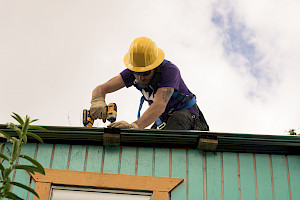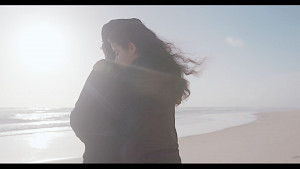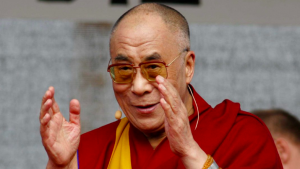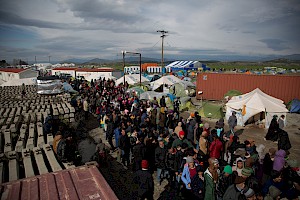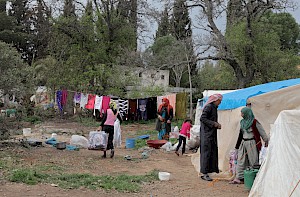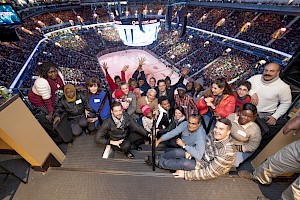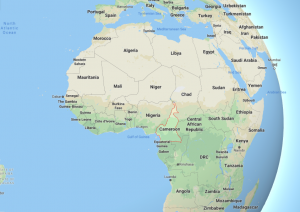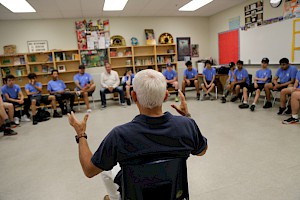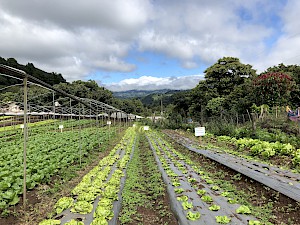Why I Chose to Stop Giving Anonymously
December 05, 2018In my hometown of Vancouver, someone recently gave the B.C. Cancer Foundation $18.35 million and didn’t want any credit for it. It was an anonymous gift. The mystery philanthropist was happy to give the money with the knowledge it would make a difference in the lives of those affected by cancer. End of story. They didn’t want their name on a building. They didn’t want any media attention.
It was an unquestionably generous act.
Some might also argue it was a more noble act than giving millions and receiving recognition for it. By giving the money anonymously, some might argue it was more altruistic.
But if the objective is to raise awareness of an issue – to be a voice for the underprivileged and the marginalized among us – the gift is more than money.
There was a time when I did all of my giving anonymously. Most of it was to non-profits helping to alleviate poverty and homelessness in Vancouver. I was content to give quietly, without getting any public credit for it, knowing I was making a difference in the lives of fellow Vancouverites.
But that all changed when I decided I wanted to use my name and my giving as leverage to raise money for causes like the refugee crisis and poverty alleviation in South America. These were issues that required a collective, global response. I couldn’t do it on my own. It had to be a large, public effort if any difference was going to be made.
So I put my name out there. I became more than someone who donates money. I became an advocate, a spokesman. I spoke out about conflict resolution, refugees, poverty, homelessness. And I hoped that others would follow my lead.
In 2007, when we launched the Clinton Giustra Enterprise Partnership, I not only committed to giving $100 million, but promised to go to my business contacts and urge them to give, too. I raised a ton of money for the partnership in those first few years, but never would have been able to pull it off without being public about it.
Similarly, when we launched Streettohome, a housing initiative in Vancouver, I needed to be an advocate because I was the one responsible for raising $30 million from the private sector. The government partners would do their part if I did mine. I did. And together we built hundreds of homes for people who desperately needed them.
Philanthropy has become my driving purpose in life. I still advocate for refugees, and conflict resolution, and the homeless. But I also advocate for the entire notion of philanthropy – something I couldn’t do if I chose to remain anonymous.

